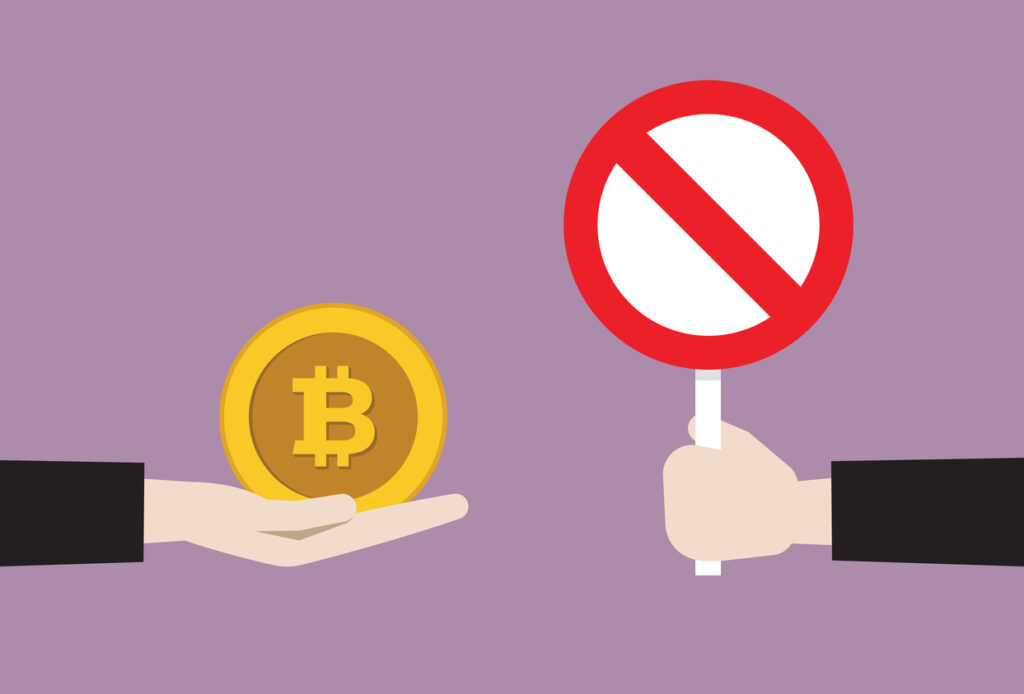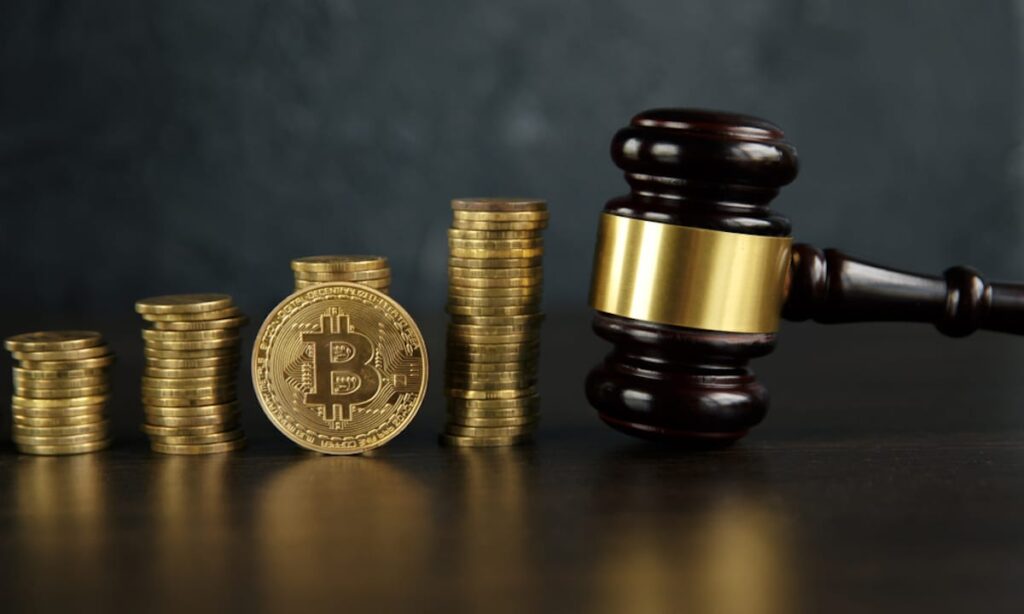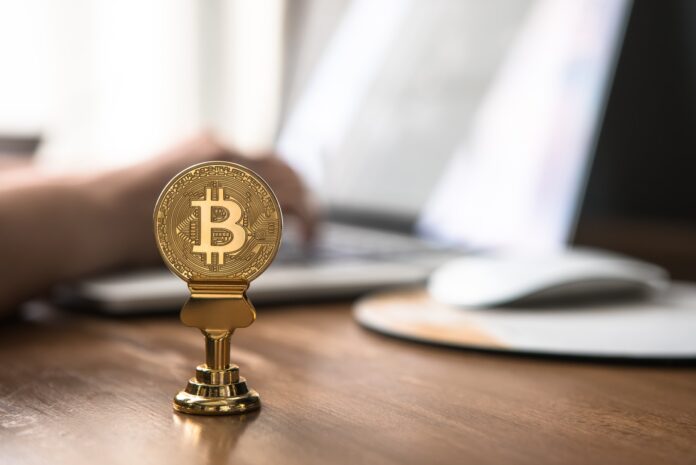Cryptocurrency is and was a promised land for everyone tired of regular banks, regulations from the government and checkups of any sort. It was decentralized, anonymous promise land that is somewhat changing.
Crypto is still in rage but some changes are happening and not a lot of people are loving that. As we managed to find out crypto companies are currently coming under a heavy SEC investigation. There is no big secret that crypto companies and SEC do not exactly love each other, and that is a big problem since SEC is constantly trying to find a way to regulate crypto by labelling these lending products as “securities”.
With the changes and with the pressure governments are trying to put on the crypto and the crypto companies, we will see a lot of changes that will affect the entire industry. What exactly will those changes imply, we will try to answer in this article today.
Bitcoin or any other crypto out there have to compete with the well-established currencies we have across the world. For that to succeed it must convince users to stop using FIAT or government-issued currency for their regular transactions.
The problem here is that governments are not that keen on losing market share to private alternatives which is why we have this ongoing “war” between crypto and government regulation, but you can find out more on that at www.techtimes.com.
Now since we have established an intro part and since we informed you about the hassle that Bitcoin and other cryptocurrencies are in, let’s try and explain what are the ways that the US government can regulate these. Now by all the popular opinions, we have three possible ways that Bitcoin and other cryptocurrencies can be regulated and we will list them below!
1. Banning Bitcoin and other cryptos

Now although this seems a bit extreme by any standards the reality is that some countries, like Bolivia, Ecuador and Kyrgyzstan, have already done this. Since these are extreme measures and since these can cause a backlash from people, other countries decided to take a more cautious approach and make some partial measures or just consider banning. China made something similar but also different. They banned cryptocurrency exchanges and initial coin offerings back in 2017 while Russa drafted a bill that will ban to ban Bitcoin and other cryptos in 2014 but haven’t followed through with that. So you have two means of action here – scaring with decisions, and draft bills while others actually follow through and move swiftly on the bans. When it comes to the effectiveness of these bans all that we can tell you is that it is rather difficult to tie an individual to his/her balance of Bitcoin it is also difficult to punish those that are ignoring the banns. Now, we can also tell you that it is difficult but not impossible because at some point in the purchase of a good or service you will receive that good or service and that right there is what makes your identity vulnerable to detection.
2. Regulation

Now, this is what the other half of those governments are doing. Since the outright ban is out of the question, governments try to opt for the regulation of Bitcoin and other cryptos. Many of these regulations are justified as a protective service toward consumers, prevention of illegal transactions and transfers or to promote broader macroeconomic policies. Now the reality is that we all must expect some sort of regulation, excessive regulation is what will put most of us off buying and holding any type of crypto, Bitcoin included. An increase in regulation will also increase the cost of spending cryptos and it might also make it difficult to exchange cryptos for FIAT currencies. The only mistake here is that most of the governments have adopted excessive regulation as a norm and according to Coin Centre, 39 states have crypto regulations that are considered to be overboard and/or unclear. Only 10 states have very clear and narrowly tailored regulations which are deemed acceptable.
3. Government-issued crypto

Now, this doesn’t come as a big shock or a surprise. Governments have a huge arsenal at their disposal, especially when they are fighting things like this. To put you off anything uncertain, unregulated and anything that might financially damage you, they opt for launching government-issued cryptocurrencies that are more stable than the ones we have been opting for. For example, Ecuador launched their crypto called Dinero Electronico in 2014 but that project was recently deactivated. Venezuelan government launched the Petro in 2018 while Russia is also planning to issue a CryptoRuble in 2019. What is interesting enough is that all of these efforts had little to no effects on the crypto market. The fact is that it could all change if a more reliable issuer were to come into the picture and shake things up the US for one holds a big sway and is considered to be reliable as well as their backing of a potential US regulated crypto. Another interesting fact is that a government-issued coin does not need to be stronger than Bitcoin, for instance, it just needs to be good enough to discourage a few of us and make us switch to a more reliable coin. Yes, crypto promises decentralization and financial anonymity to a certain extent, but what you need to consider is just how will the governments respond to those promises and efforts. There are always two sides to each coin and you always must consider both.
As you could see from the article these are three, probably the most effective type of regulation of cryptocurrency. Depending on how a certain government wants to respond or if they want to completely get rid of crypto or just partially, they will choose one, a few or all three of these. Depending on the result they want to achieve they might even employ other types of regulations that would be devastating for crypto users and the community, but so far, no government has reached out for those. If we get any more updates down the road, we will inform you of them, until then use the time you have wisely and be prepared for anything that might come your way.








